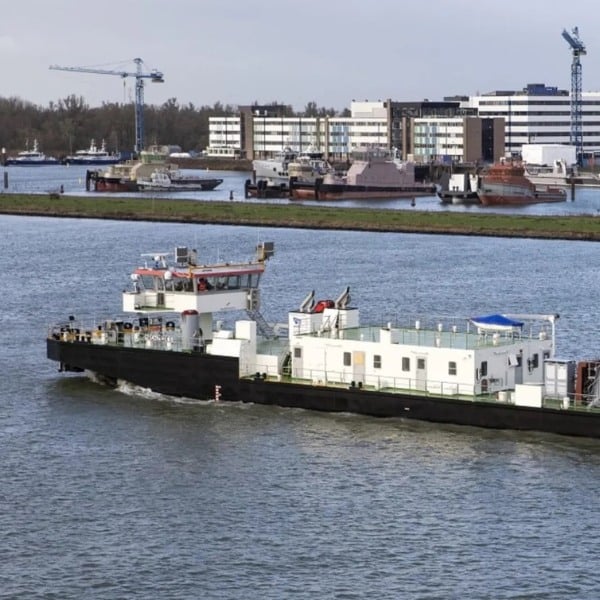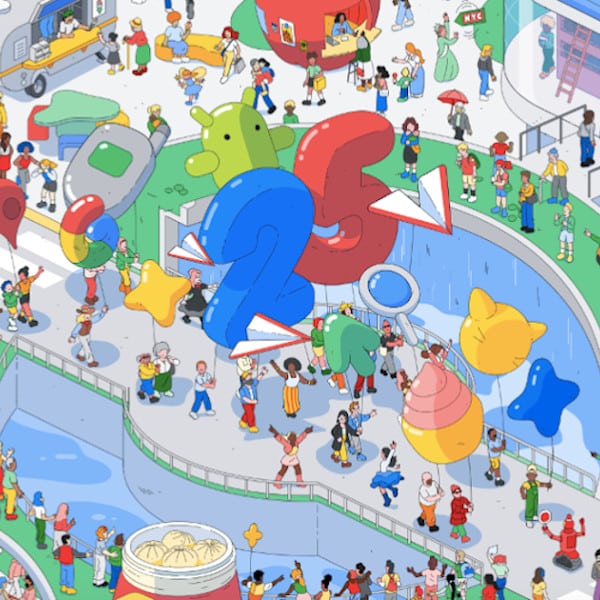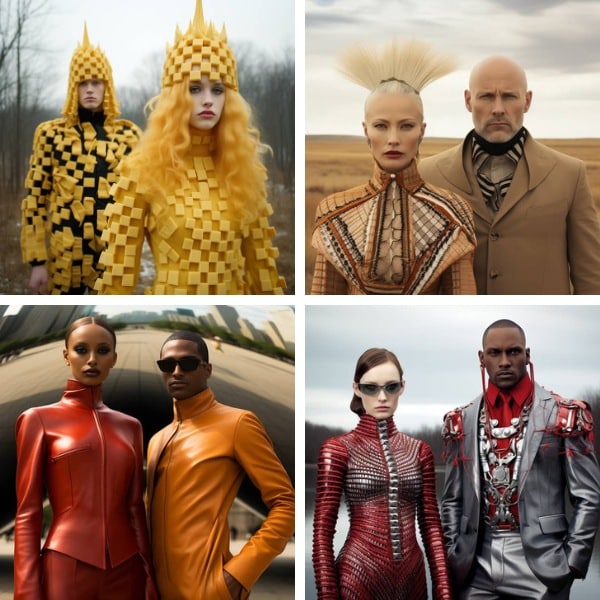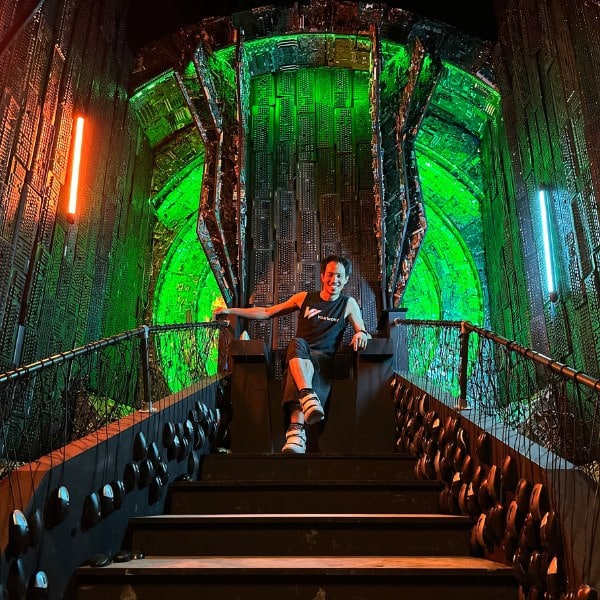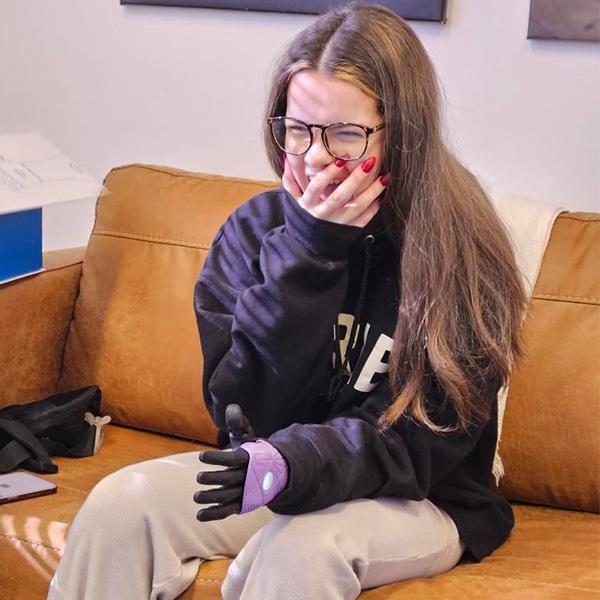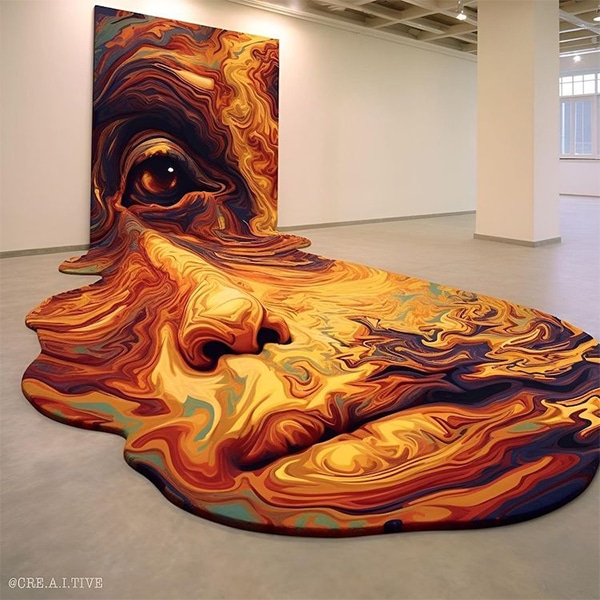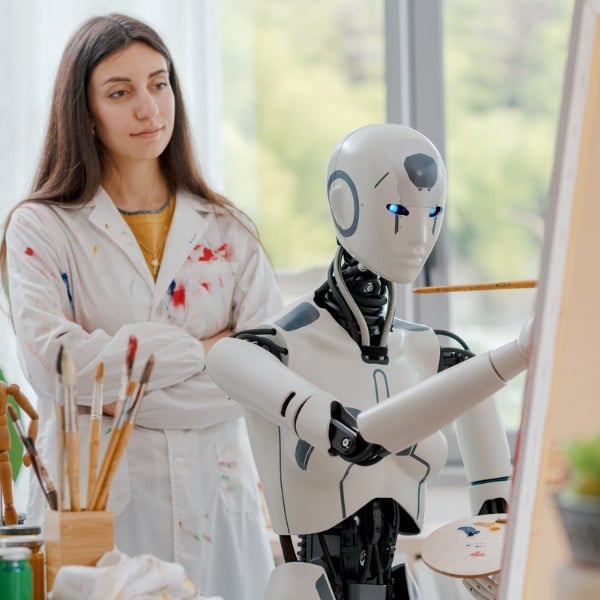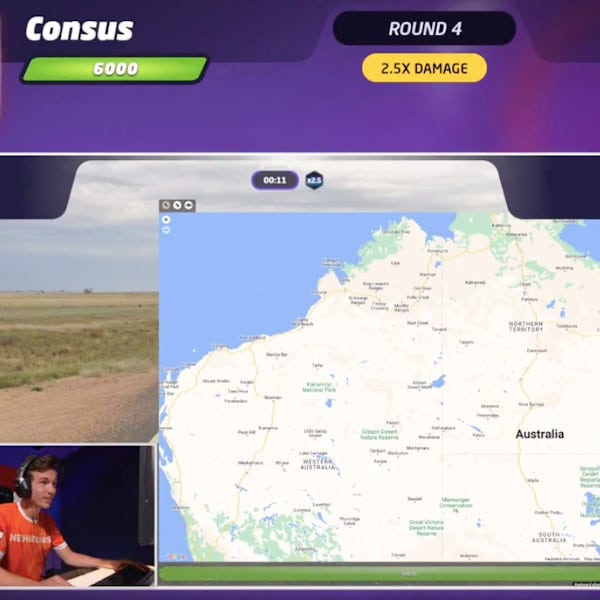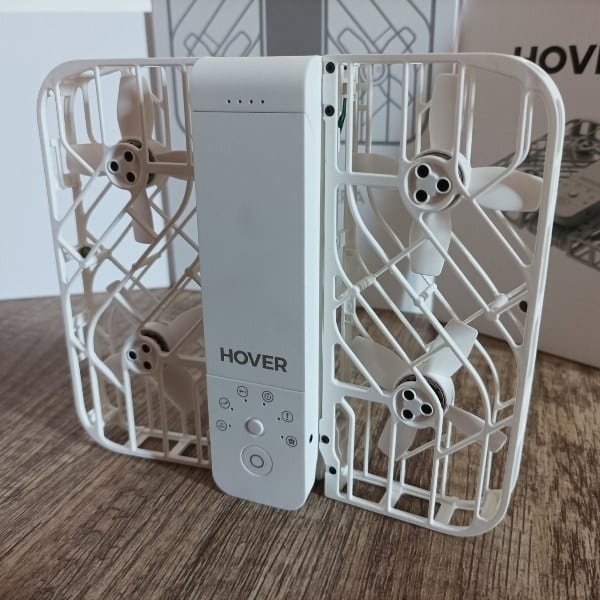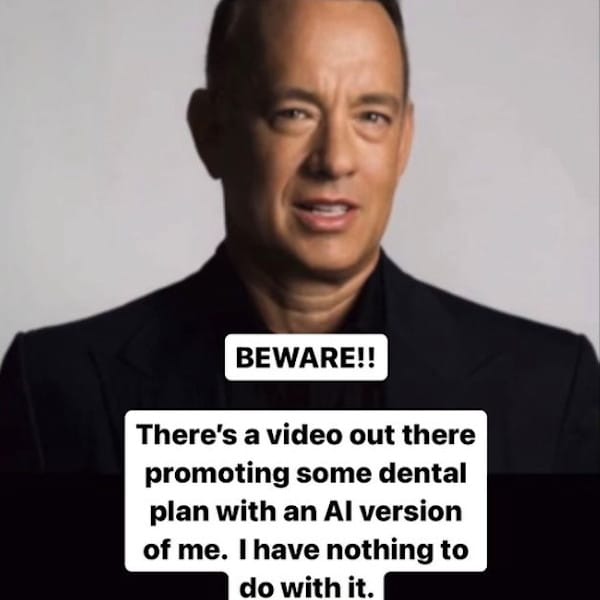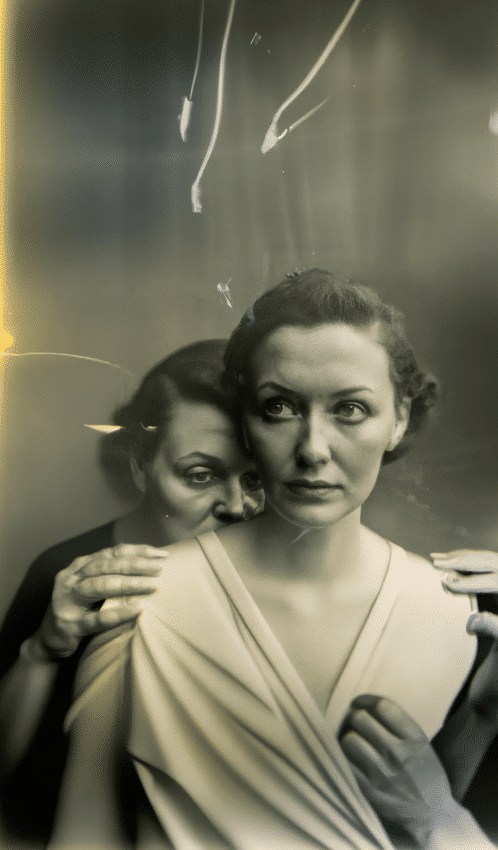
“Pseudomnesia | The Electrician” (Photo: Boris Eldagsen)
When the Sony World Photography Awards announced the winners of the Open Competition in March, German photographer Boris Eldagsen was listed as the winner of the Creative Category. His image Pseudomnesia | The Electrician is a black and white portrait of two women from different generations. While Eldagsen was presented with his award at a ceremony in London in April, he's since declined the prize. Calling himself a “cheeky monkey,” Eldagsen had actually entered an AI-generated image into the contest.
Though he originally did so to spur open dialogue and a conversation about the acceptance of AI images in photography contests, it's spun into a much bigger story. At the heart of the situation are conflicting stories about how the Word Photography Organisation handled the disclosure and communication. Eldagsen maintains that he disclosed using AI to create the photo before his image was named winner of the category and that this information was purposely withheld from journalists.
When writing about winning photos from the contest, press publications are given a file with information about the image. On My Modern Met, we publish that information in full. Oftentimes, the information includes stories of how the work was created or the meaning behind the image. The statement provided with Eldagsen's “photo” simply read, “From the series Pseudomnesia,” with no mention of AI.
Eldagsen maintains that he pushed the organizers to state that his image was the result of AI and offered to have a public debate about the merits of AI in a photography contest. While they agreed to publish a Q&A with him about the topic on the official website, after 21 days without receiving questions, Eldagsen decided to decline the prize while onstage at the awards ceremony. He has published his exchange with the organizers on his website.
View this post on Instagram
For their part, the World Photography Organisation issued the following statement: “As a medium photography has always been at the forefront: constantly adapting and evolving, it has a singular ability to transform itself and push boundaries. We are interested in photography as an art form, and within the Sony World Photography Awards we have our Creative categories in the Professional and Open Competitions which welcome photographers to experiment and explore the dynamism of the medium. With technological advancements, a wider audience of creators are engaging with lens-based work and we look forward to seeing how this can expand the reach and impact of photography.”
While Eldagsen certainly feels that there was a missed opportunity on the part of the World Photography Organisation, he hopes that the focus will return to the original matter at hand. How does AI imagery fit into the world of photography? Eldagsen, who started using AI generators after two decades of practicing photography, thinks that the solution is simple.
“Photo contests need to create a new category for AI photography,” he tells My Modern Met. “That's easy to do. And then, if you have photography competitions, in the end people need to prove that it's photography. There are RAW files and a multitude of technical possibilities to do that. Just look at the World Press Photo Award.”
While Eldagsen thought that the incident would make waves in the photography community, he was surprised about how much attention the story has received. “It just shows the impact and how important it is to find a new terminology to talk about the situation because in the past, especially in the photo community, everyone just seemed like startled rabbits looking at a fox. Now the debate is on, and I'm very happy about that.”
He says that he owes a debt of gratitude to other photographers who took the time to translate his interviews into other languages, which helped the news travel globally. To find solutions for how to handle future situations with AI, he's confident that the community can come together to find solutions. And in the meantime, his victory in the contest and subsequent refusal of the award has certainly put photography contests on notice that they cannot continue to turn a blind eye to AI image generators and the impact they are having on the world.
Boris Eldagsen: Website | Instagram | Facebook
My Modern Met granted permission to feature photos by Boris Eldagsen.
Related Articles:
AI-Generated Artwork Wins Contest and Sparks Fierce Online Debate
Art Trend of 2022: How AI Art Emerged and Polarized the Art World
Ordinary Photos of a House Party Are Actually an AI-Generated Event
Popular Instagram Photographer Confesses That His Work is AI-Generated











































































